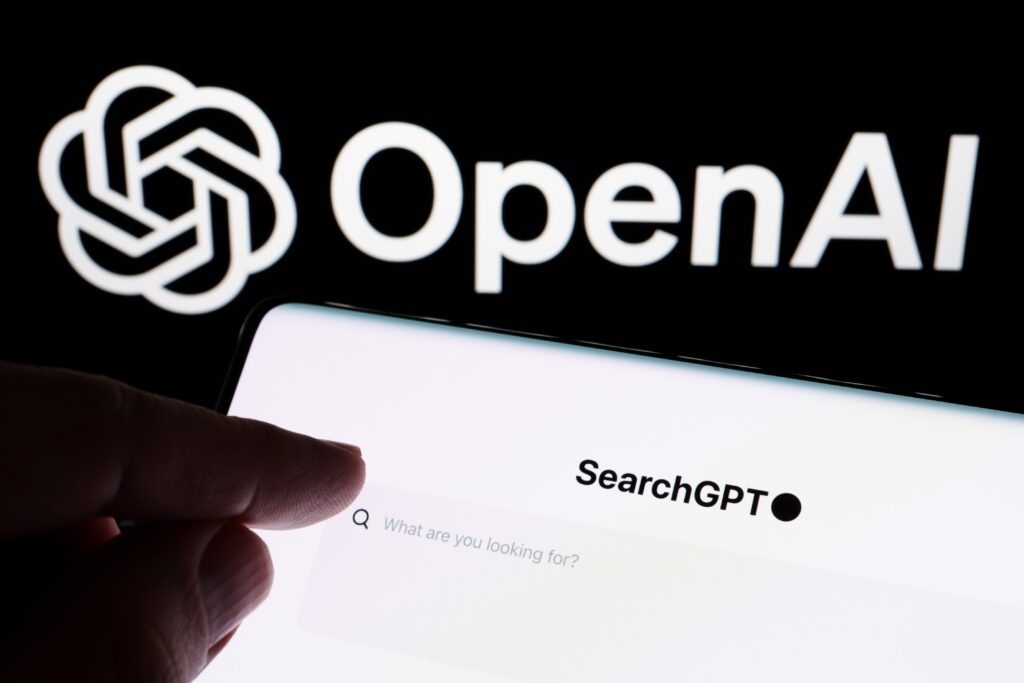Elon Musk has made a bold move by offering nearly $100 billion to acquire OpenAI, the company behind the popular AI tool ChatGPT. However, this offer is not just a financial proposal. Experts believe it may have been an attempt to disrupt Sam Altman’s plans for OpenAI. Even though the board rejected Musk’s bid, his actions could still cause complications for OpenAI’s future.
A Bid That Could Change Everything
Musk’s offer, valued at $97.4 billion, came during a time of rapid growth for OpenAI. Some analysts believe the bid wasn’t simply about buying the company. Instead, it may have been a strategy to block OpenAI’s progress, especially its shift from a hybrid non-profit and for-profit structure to a fully for-profit company.
Sam Altman, OpenAI’s CEO, has been working on dissolving the non-profit part of the company. This transition comes with significant costs, and Musk’s offer could increase those costs, making the process more difficult.
Johnnie Penn, a professor at the University of Cambridge, explained Musk’s potential strategy. “Musk is essentially trying to block OpenAI’s growth,” he said.
By publicly making an offer, Musk has introduced a new layer of complexity to OpenAI’s restructuring. The value of the non-profit side of the company, which hasn’t been fully determined, is now under debate. Musk’s bid could suggest a higher price for that part of OpenAI, inflating its value. This move could force OpenAI to pay more to dissolve its obligations and speed up the process.
The Profit vs. Non-Profit Dilemma
The tension between the non-profit and for-profit sides of OpenAI is at the heart of the company’s struggles. Recently, Musk and a group of investors, including Hollywood agent Ari Emanuel, made their offer for OpenAI’s assets. However, Musk’s bid of $97.4 billion is far lower than OpenAI’s recent valuation of $157 billion. Some estimates suggest OpenAI is worth over $300 billion today. The company’s complex hybrid structure has made this situation even more difficult.
Altman has been working to remove the non-profit board, a crucial step in shifting OpenAI to a fully for-profit business organization. Musk’s bid complicates this transition. By suggesting a price for the non-profit part of OpenAI, Musk has made it more expensive for Altman to make the shift.
“By assigning value to the non-profit, Musk makes Altman’s restructuring significantly more expensive,” said Lutz Finger, a senior lecturer at Cornell University. Finger believes Musk’s strategy is both simple and effective.
Musk’s Intentions: A Race to Catch Up in AI
Musk claims he wants OpenAI to return to its roots as a non-profit, focused on developing AI for the benefit of humanity. But some experts believe his real motives are more about competition than altruism. Rather than wanting to help OpenAI, Musk may be looking to slow down one of his biggest competitors in the AI space.
Musk’s own AI company, xAI, launched its chatbot Grok but has struggled to gain traction. Experts like Lutz Finger argue that Musk may be trying to catch up in the AI race. Disrupting OpenAI could be part of his strategy to slow down rivals while building his own AI capabilities.
Tensions between Musk and Altman have been high. Altman mocked Musk’s bid on social media, while Musk responded by calling Altman a “swindler.” Altman later suggested Musk’s actions stem from insecurity, claiming that Musk is afraid of falling behind in the AI race.
Legal Battles Heat Up
The situation has now become a legal issue. U.S. District Judge Yvonne Gonzalez Rogers is reviewing Musk’s request for an injunction to prevent OpenAI’s restructuring. Musk argues that OpenAI’s changes would cause him “irreparable harm” without his involvement.
Judge Gonzalez Rogers acknowledged that Musk’s claims might be valid, stating, “We’ll find out when he takes the stand.”
OpenAI’s legal team, however, has raised concerns about Musk’s contradictions. While Musk once argued that OpenAI’s assets should not be used for private gain, he now appears open to buying those assets himself. OpenAI’s lawyers have pointed out this inconsistency.
Controversy and Questions About Musk’s True Motives
Some observers believe Musk’s bid was never meant to be a serious deal. “He’s generating noise and controversy,” said Karl Freund, founder of Cambrian-AI. Musk is known for creating media buzz around his ventures, and this could be another example of that strategy.
But this approach might backfire. While Musk is a visionary leader with groundbreaking achievements, his actions are raising questions about his true intentions. “He’s brilliant, he builds groundbreaking companies,” Freund said. “But his personal agenda is making people question his motives.”
What’s Next for OpenAI and Musk?
The conflict between Musk and OpenAI is far from over. As the legal battle continues, Musk’s strategy of disruption may force Altman and OpenAI to rethink their next steps. The AI industry is watching closely, knowing that any major changes could impact AI development in the future.
For more updates on Musk, OpenAI, and the future of artificial intelligence, visit Euro News 24.
